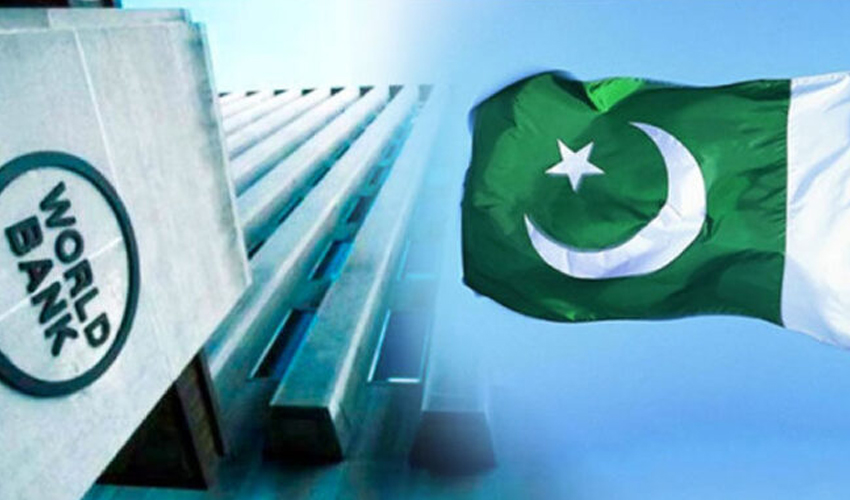The World Bank has approved a $240 million loan for Pakistan, which will be utilized in the second phase of improving Karachi's water and sewerage services. The project aims to enhance water supply, treat wastewater, and make it reusable, contributing significantly to sustainable urban development.
According to World Bank Country Director Najy Benhassine, the project will expand investments in water distribution and rehabilitating the sewerage network. By 2030, the initiative is expected to provide safe water to approximately 16 million residents of Karachi and sewerage services to 7.5 million individuals.
Focus on Public Health and Women’s Inclusion
The World Bank said the project would improve public health and living standards by ensuring safe and organized water and sanitation services. Beneficiaries include 58% of youth aged 15-24 and over 500,000 residents of informal settlements.
The initiative also emphasizes gender equity. It aims to close the gender gap in employment, representation, and leadership within the sewerage corporation by creating opportunities for women in technical and decision-making roles. Additionally, the project will institutionalize an internship program for women graduates, paving the way for more women to be recruited in utility services and promoted to senior positions.
Addressing the Malnutrition Crisis
The World Bank highlighted that this project would play a critical role in tackling Pakistan’s malnutrition crisis by ensuring access to clean water and sanitation. Furthermore, the initiative will promote private sector participation to make service delivery more secure and sustainable.
This step marks significant progress in enhancing urban services, improving public health, and addressing Karachi’s long-standing water and sanitation challenges.


























